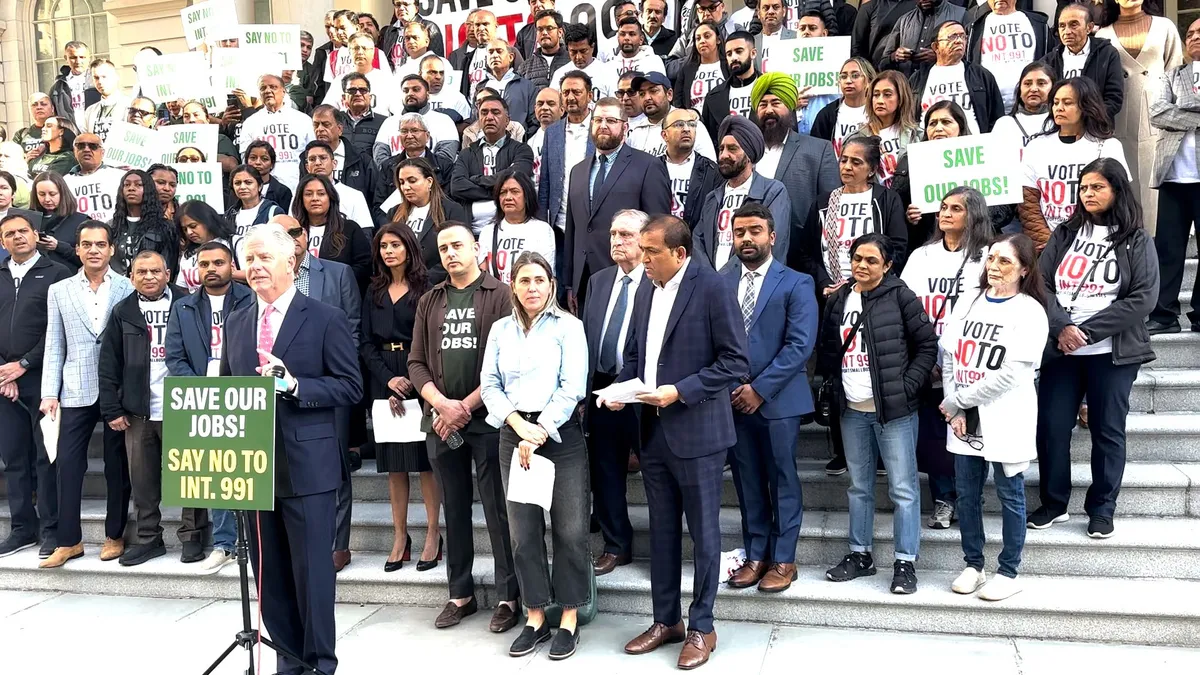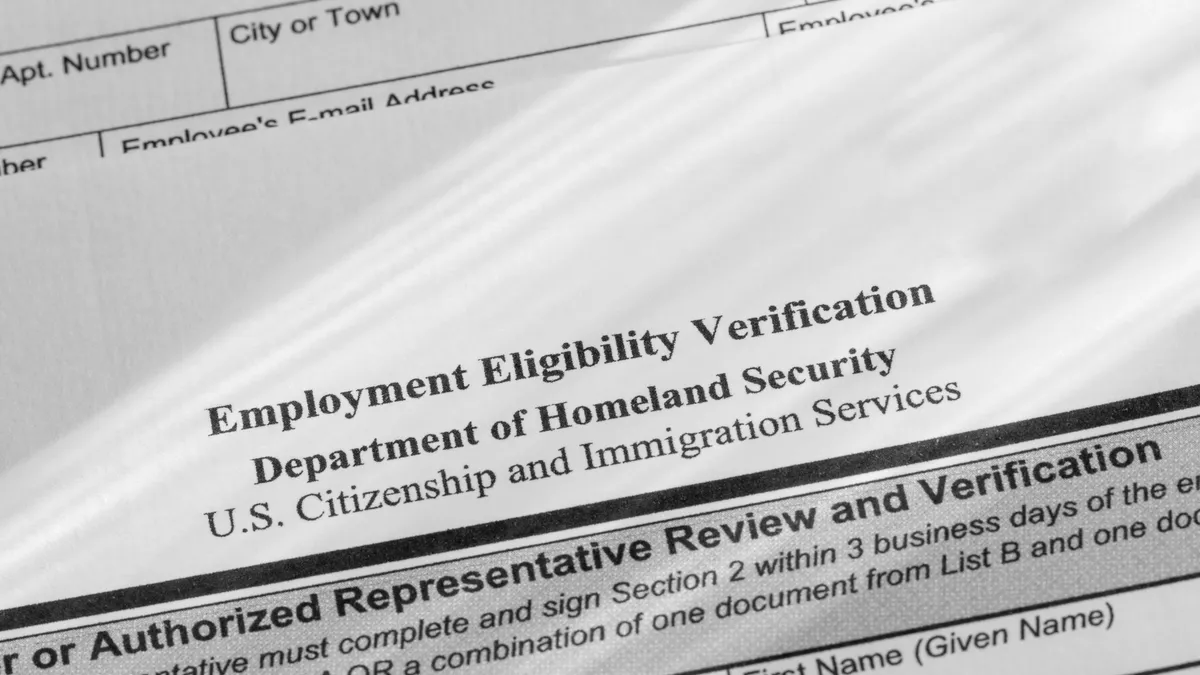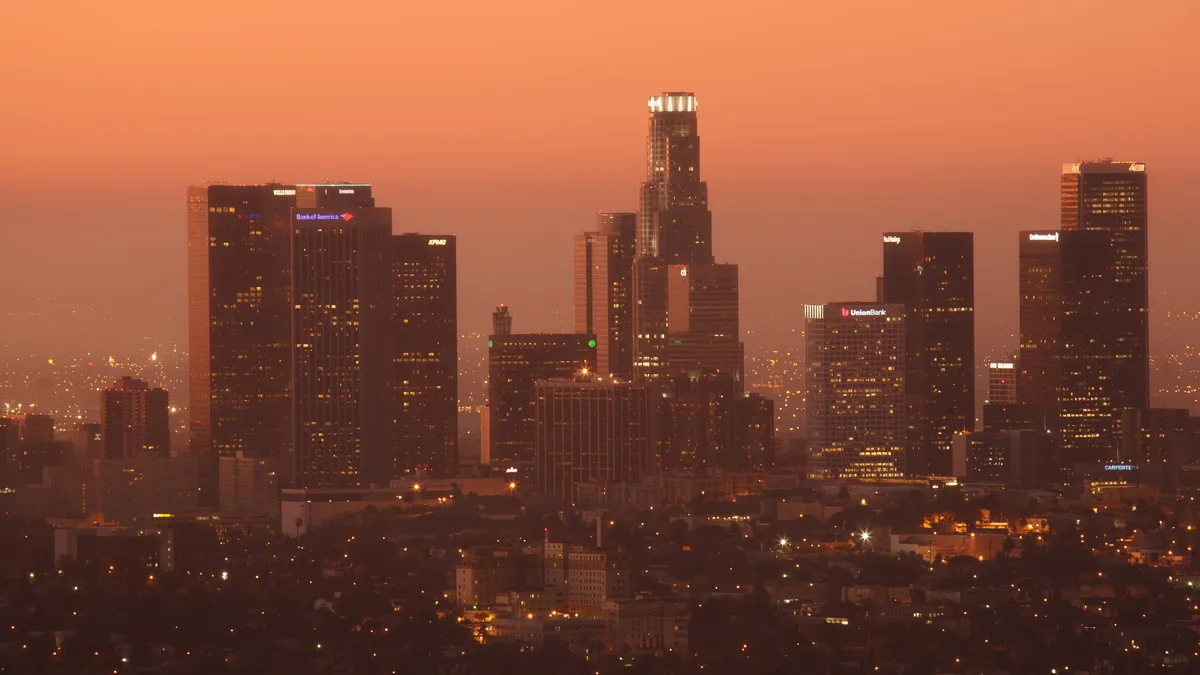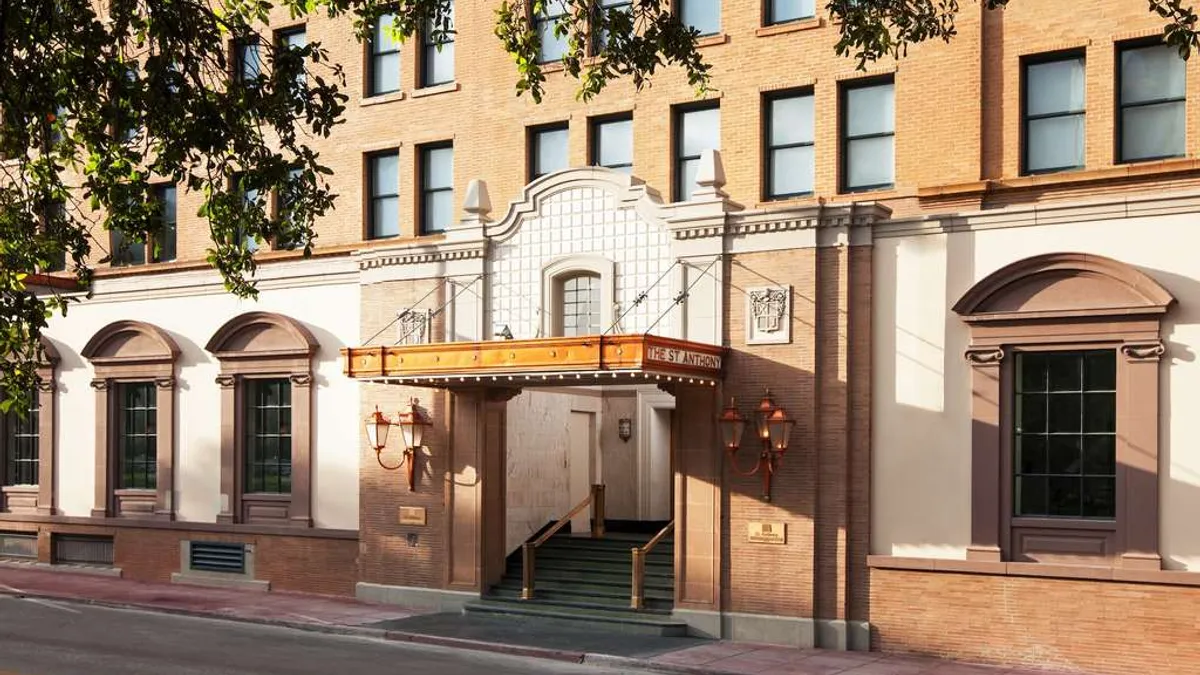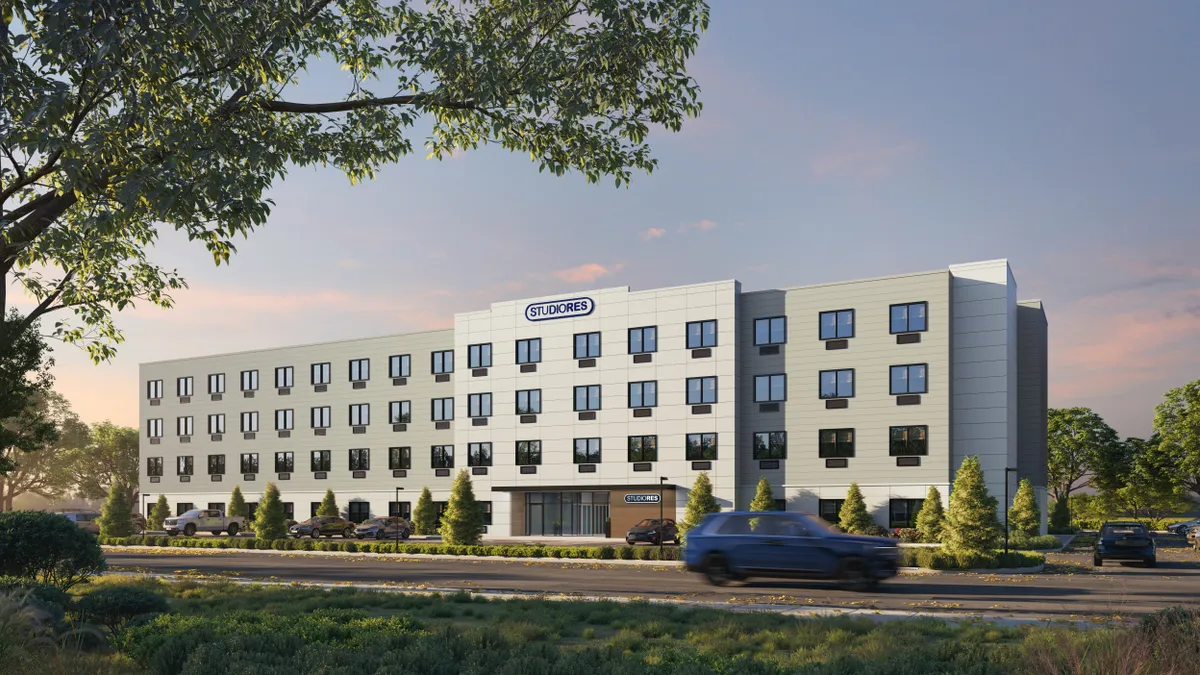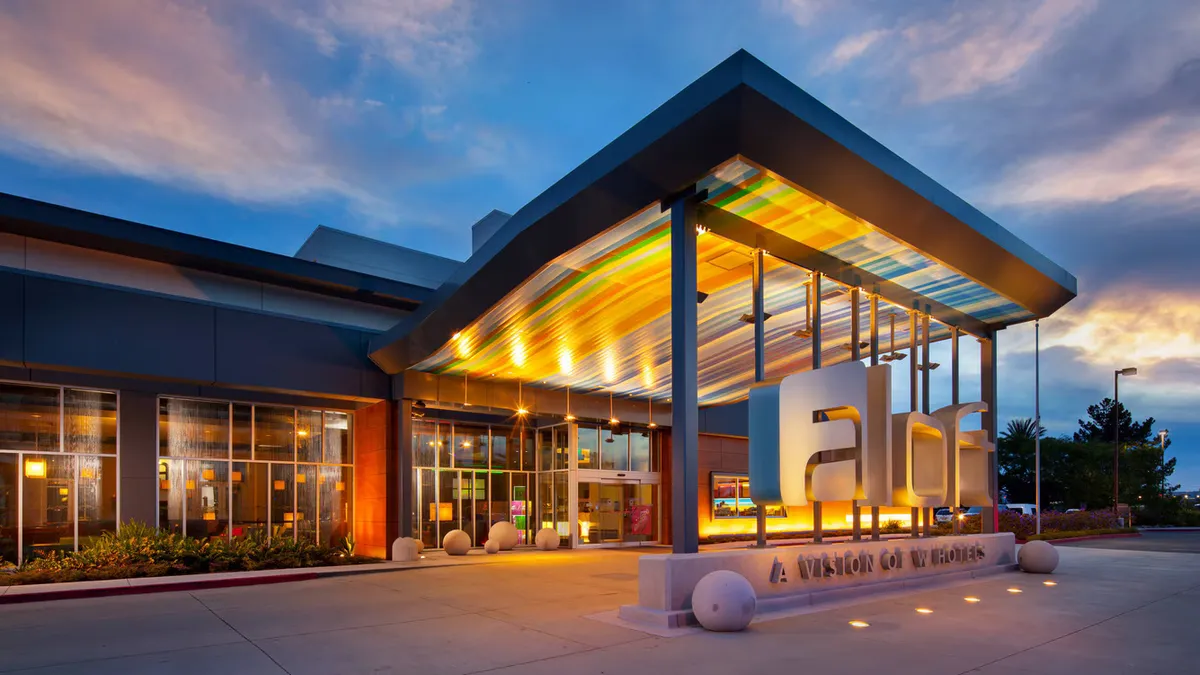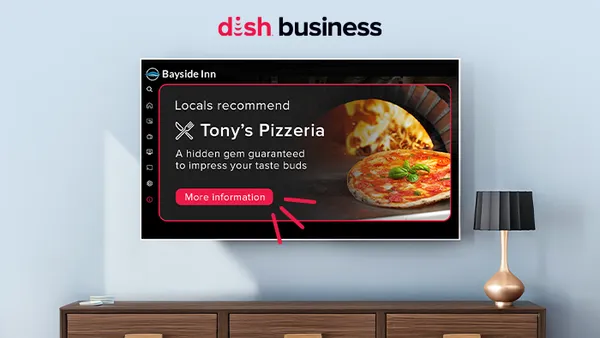The New York City Council held a public hearing regarding the Safe Hotels Act, or Intro 991, on Wednesday, where representatives from the American Hotel & Lodging Association and Asian American Hotel Owners Association voiced concerns over the proposed legislation.
Some hotel employees and those affiliated with local unions, as well as anti-human trafficking activists, on the other hand, voiced support for the bill.
City Councilperson Julie Menin first proposed the act, which would require hotels to obtain a license in order to operate in New York City, in July. After some hotel industry players rallied against the proposed legislation, Menin revised the text of the bill in a bid to address some of their concerns.
While one association that previously condemned the bill, the Hotel Association of New York City, has dropped its opposition following the act’s revision, other hotel industry groups remain concerned about its impact on the city’s hotels. Hotel Dive listened in to the hearing to ascertain groups’ concerns, and why others support it.
‘This will have devastating impacts on the lodging industry’
AHLA and AAHOA have voiced opposition to the Safe Hotels Act since its introduction, which continued at Wednesday’s hearing.
“We want to thank Councilwoman Menin for meeting with us several times, and want to also acknowledge that Version B of his legislation has made significant changes to industry concerns,” said Sarah Bratko, AHLA’s vice president and policy counsel for state and local government affairs. “However, this version will still have devastating impacts on the lodging industry and small businesses in New York,” Bratko continued, before urging the council to “scale back” the bill.
Many of those who spoke at the hearing voiced concerns over its limitations on using subcontractors for hiring.
“For prohibiting the use of subcontractors, you're invariably putting thousands of New Yorkers out of work, including minorities and immigrants who provide services for the hospitality industry, including housekeeping, security, food and beverage,” said Hamil Patel, whose family owns hotels in the New York City area.
As property values fall, many hotels will be worth less than their outstanding debt, leading to a wave of foreclosures.

Bradley Burwell
executive vice president, Colliers Hospitality Practice Group
In response, Menin noted that revisions to the bill had narrowed the limitations on subcontractor use, exempting food and beverage, security and engineering.
Others in opposition to the act were concerned that it would lead to more unionization in hotels.
“The direct employment requirement in this bill will likely result in the unionization of many, if not most, of the city's 40,000 non-union hotel rooms,” said Bradley Burwell, an executive vice president in Colliers’ Hospitality Practice Group. “While the union plays an important role in our industry, unionization reduces hotels’ cash flows by 30 to 40%, with an outsized impact on property values.”
“As property values fall, many hotels will be worth less than their outstanding debt, leading to a wave of foreclosures,” he added.
In a press conference on the steps of City Hall Wednesday, AHLA Interim President and CEO Kevin Carey said the bill “will do sweeping harm to the hotel sector, the economy, and hotel guests,” and projected that its passing would lead to “forcing many hotels and small businesses to close their doors.”
AAHOA Chair Miraj Patel echoed Carey’s sentiment. "If passed, this could force many NYC hotel owners to shut their doors, crippling the local industry and eliminating thousands of jobs,” he said in a statement after the hearing. Patel also raised this concerns in a panel discussion at the Lodging Conference in Phoenix Wednesday.
‘I will probably get fired for speaking here’
Those in support of the bill painted a very different picture.
In her opening remarks, Menin said the council had received reports that workers had been “pressured by their employers to participate against their will in public rallies related to this piece of legislation.” One such worker spoke in favor of the bill.
Working for the subcontracting agency is horrible. We make very little. ... They work us like machines, and believe they can exploit us because we are immigrants.

Paula Rodriguez
housekeeper
“I will probably get fired today for speaking here,” said Paula Rodriguez, a housekeeper at a hotel in Times Square, who said her employer brought her to the rally on Sept. 12 to oppose the Safe Hotels Act, which she supports. “Working for the subcontracting agency is horrible. We make very little. We clean 16, 17 rooms per day. They work us like machines, and believe they can exploit us because we are immigrants.”
Another hospitality worker, Mark Bellamy, described his experience of going from a contracted role to being directly employed at Margaritaville Times Square.
“Many hotels and their lobbyists have been telling subcontracted workers that they will lose their jobs if the Safe Hotels Act passes — this is a lie,” Bellamy said. “When I was a subcontractor worker, I was paid just $17 per hour. The work was hard, and we often had to stay late, unpaid, to finish it. When the subcontractor left our hotel, we did not lose our jobs because the city Workers Retention Law kicked in. ... In fact, the hotel started paying us more, $23 per hour.”
Richard Hurd, a professor emeritus in Cornell University’s School of Labor Relations, said the Safe Hotels Act is “needed because the structure of the hotel industry has changed.”
“Typically, hotel brands do not own hotels,” Hurd testified. “Rather, they franchise hotels, and even the franchisees and the owners of specific properties do not directly employ most hotel workers. The reason: The owners are looking to maximize return on value for cost. In other words, it's a pure profit motive.”
Hurd continued: “The subcontractors, such as cleaning services, compete fiercely with one another, and the result is a decline in wages, eroding benefits, inadequate health and safety protections and strong incentives to skirt or ignore federal, state and local labor regulations.”
Earlier this month, Hotel Association of New York City President and CEO Vijay Dandapani told Hotel Dive that the association dropped its opposition to the revised act because it “includes modifications that address some of HANYC’s most serious concerns.”
The definition of “core employees,” for instance, has been narrowed, with only front desk and housekeeping roles being a part of that group. Under the act, all core employees would need to be directly employed by the hotel, not a third-party staffing agency.
The bill also no longer mandates the physical presence of a continuous front desk employee overnight, as long as the hotel operator has “scheduled an overnight security guard who is able to assist guests and has undergone human trafficking recognition training,” according to the revised version. Guest rooms also do not need to be cleaned daily if a guest has declined the service.
According to NBC New York, supporters of the bill believe they have enough votes to pass it, but aren’t sure whether they have enough to avoid a potential mayoral override. New York City Council has not yet scheduled a date for voting on the act.



